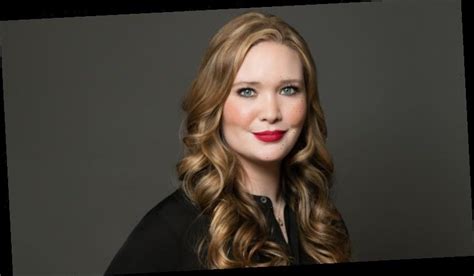A Quote by Cesare Pavese
To choose a hardship for ourselves is our only defense against that hardship. This is what is meant by accepting suffering. Those who, by their very nature, can suffer completely, utterly, have an advantage. That is how we can disarm the power of suffering, make it our own creation, our own choice; submit to it. A justification for suicide.
Related Quotes
At some point, we have each said through our tears, “I’m suffering for a love that’s not worth it.” We suffer because we feel we are giving more than we receive. We suffer because our love is going unrecognized. We suffer because we are unable to impose our own rules. But ultimately there is no good reason for our suffering, for in every love lies the seed of our growth.
There is no need to invent an ego that is separate from the divine if our basic human nature is trusted. If we trust ourselves, we know how to avoid interfering with nature and how to live in harmony. When we know God as an unseen, loving, and accepting power at the heart of everything, allowing us to make our own choices, then God is a trusted part of our nature.
Honestly, I think there's a cycle to the popularity of fantasy and fairytales that usually coincides with times of unrest or hardship in our own world. By retelling these legends or immersing ourselves in fantasy realms, we can safely explore the very real, very day-to-day darkness of our own lives.
The world is part of our own self and we are a part of its suffering wholeness. Until we go to the root of our image of separateness, there can be no healing ... Only when our feet learn once again how to walk in a sacred manner, and our hearts hear the real music of creation, can we bring the world back into balance.
Compassion allows us to use our own pain and the pain of others as a vehicle for connection. This is a delicate and profound path. We may be adverse to seeing our own suffering because it tends to ignite a blaze of self-blame and regret. And we may be adverse to seeing suffering in others because we find it unbearable or distasteful, or we find it threatening to our own happiness. All of these possible reactions to the suffering in the word make us want to turn away from life.
The second noble truth states that we must discover why we are suffering. We must cultivate the courage to look deeply, with clarity and courage, into our own suffering. We often hold the tacit assumption that all of our suffering stems from events in the past. But, whatever the initial seed of trauma, the deeper truth is that our suffering is more closely a result of how we deal with the effect these past events have on us in the present.
To be good Christians you have to contemplate the suffering humanity of Jesus. "How can we bear witness? Contemplate Jesus. How can we forgive? Contemplate Jesus suffering. How can we not hate our neighbor? Contemplate Jesus suffering. How can we avoid gossiping about our neighbor? Contemplate Jesus suffering. There is no other way". These virtues are the those of the Father, who forgives us always, and Our Lady, Our Mother, shares in these virtues too.
Our role as gardeners is to choose, plant and tend the best seeds within the garden of our consciousness. Learning to look deeply at our consciousness is our greatest gift and our greatest need, for there lie the seeds of suffering and of love, the very roots of our being, of who we are. Mindfulness...is the guide and the practice by which we learn how to use the seeds of suffering to nourish the seeds of love.
Character is revealed in the power to discern the suffering of other people when we ourselves are suffering; in the ability to detect the hunger of others when we are hungry; and in the power to reach out and extend compassion for the spiritual agony of others when we are in the midst of our own spiritual distress.
We do the same thing in our own lives, embracing information that supports what we already prefer or vindicates choices we previously made.After all, it feels better to justify our opinions rather than challenge them, to contemplate only the pros and relegate the cons to the back of our minds. However, if we want to make the most of choice, we have to be willing to make ourselves uncomfortable. The question is, if we are willing, how exactly do we go about fortifying ourselves against these biases?
By accepting a suspicion against the neighbor, by saying, 'What does it matter if I put in a word about my suspicion? What does it matter if I find out what my brother is saying or what a guest is doing?' the mind begins to forget about its own sins and to talk idly about his neighbor, speaking evil against him, despising him, and from this he falls into the very thing he condemns. Because we become careless about our own faults and do not lament our own death, we lose the power to correct ourselves and we are always at work on our neighbor.



































